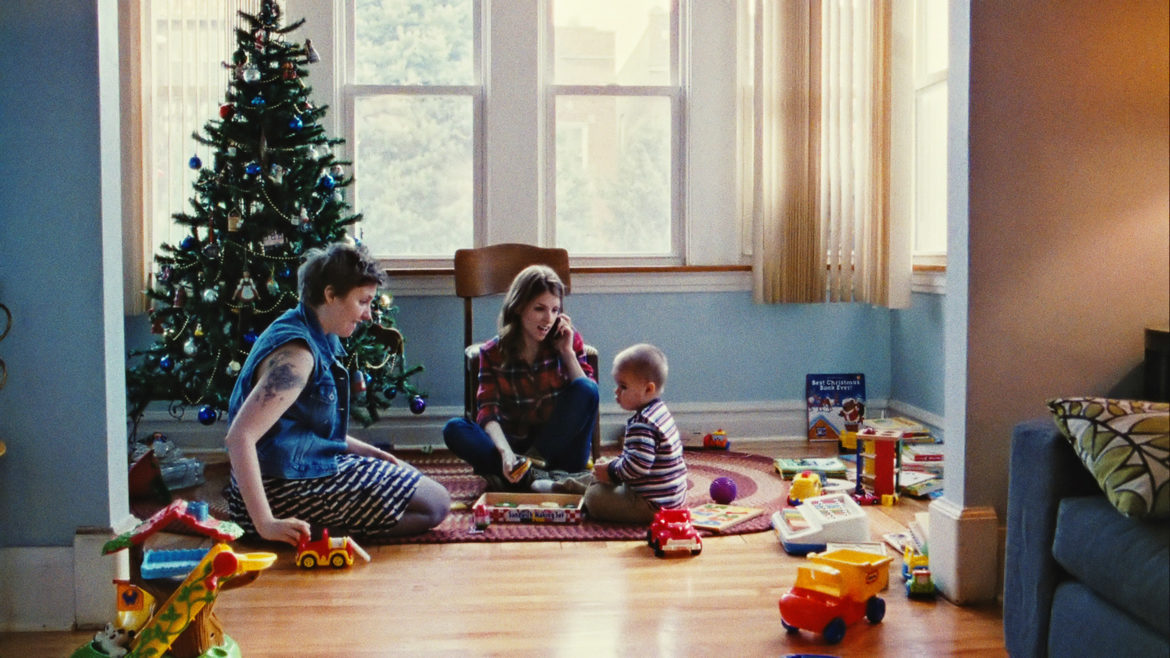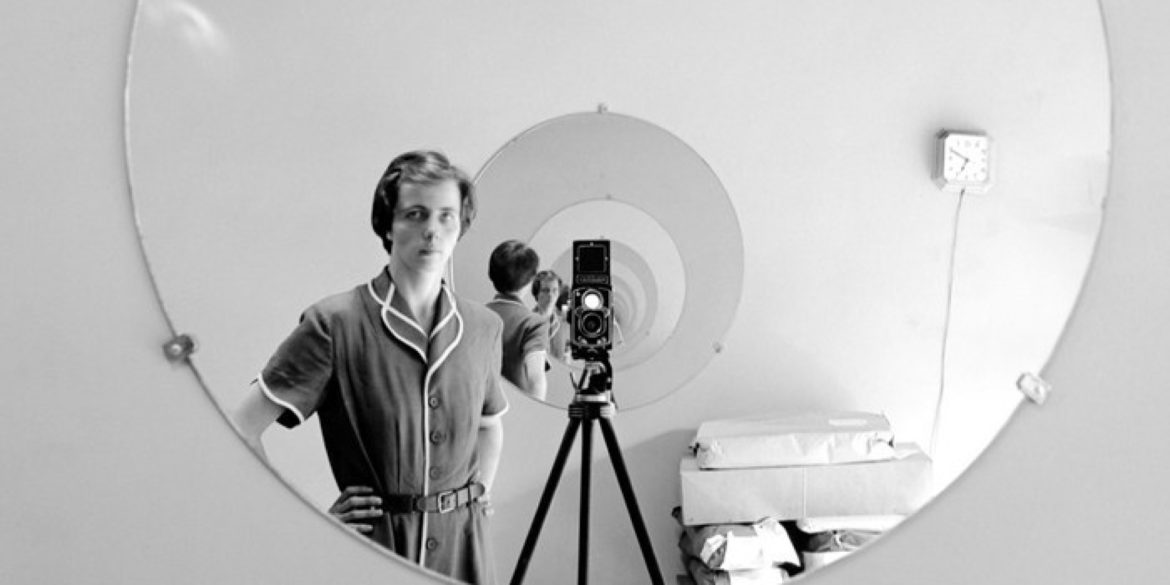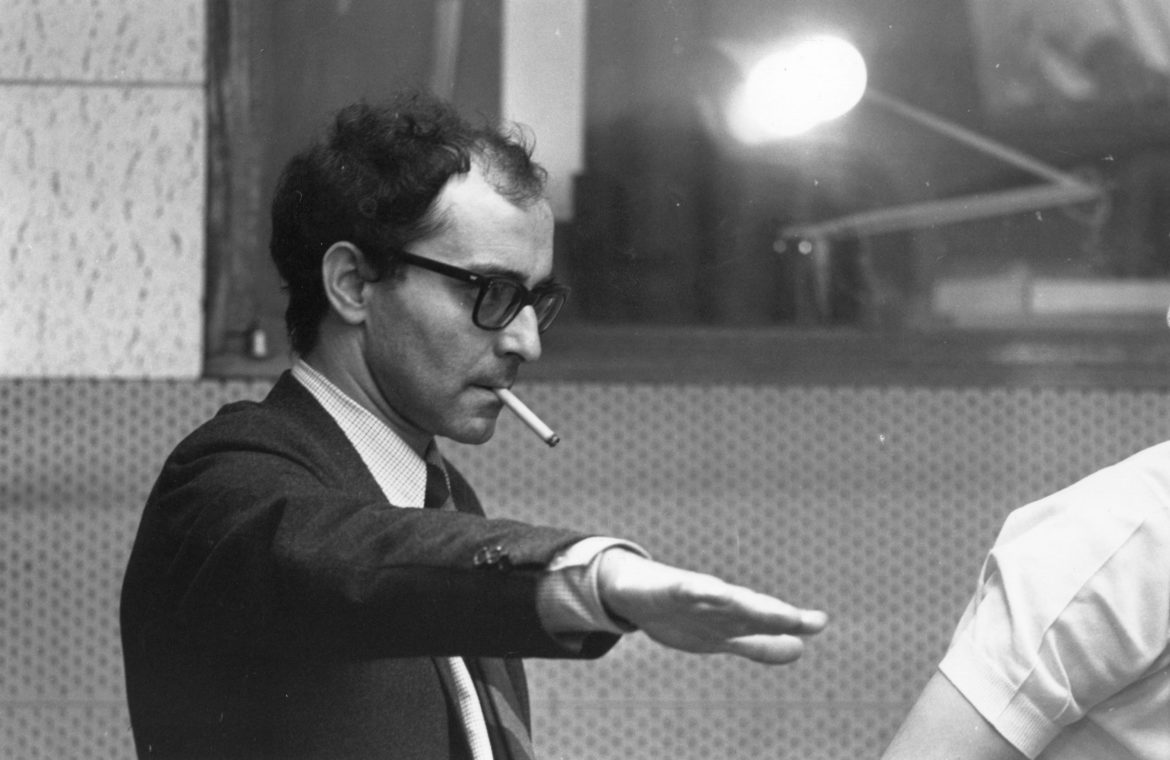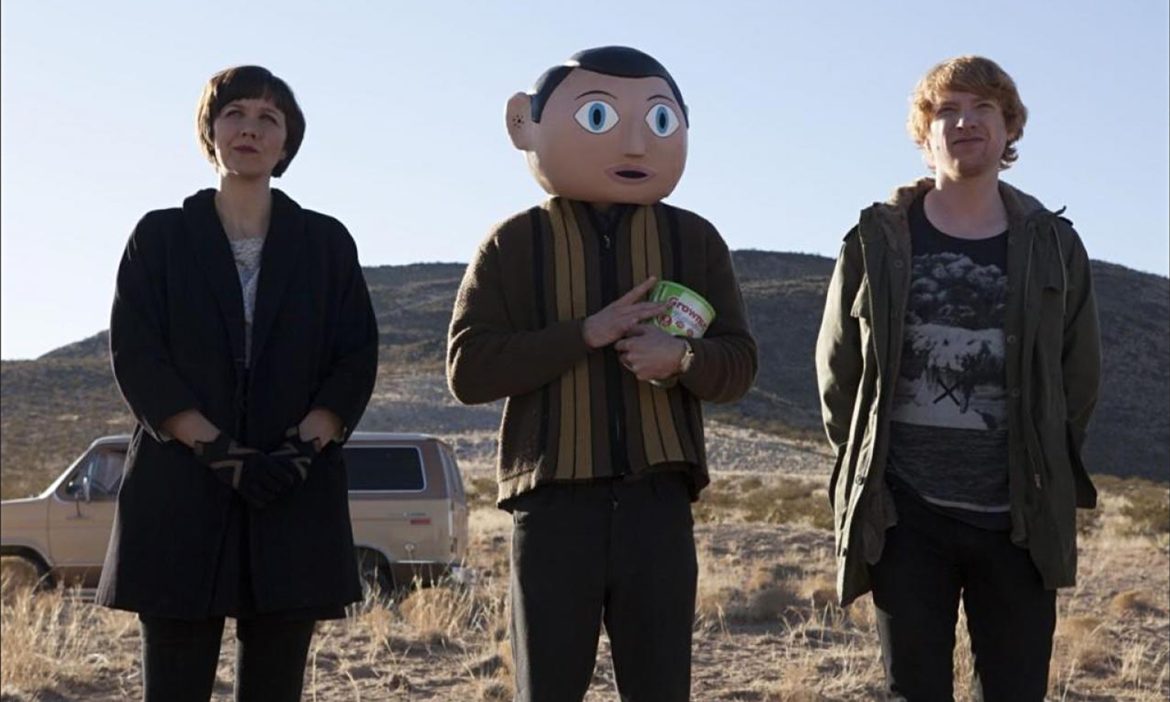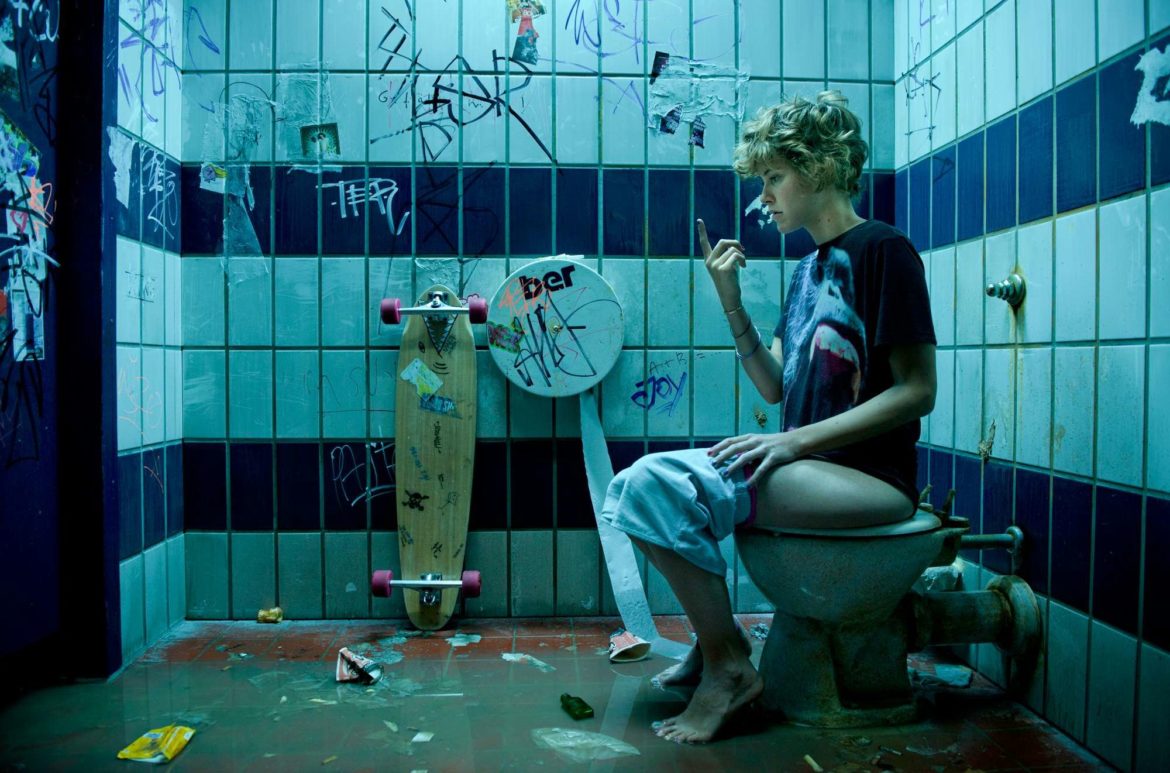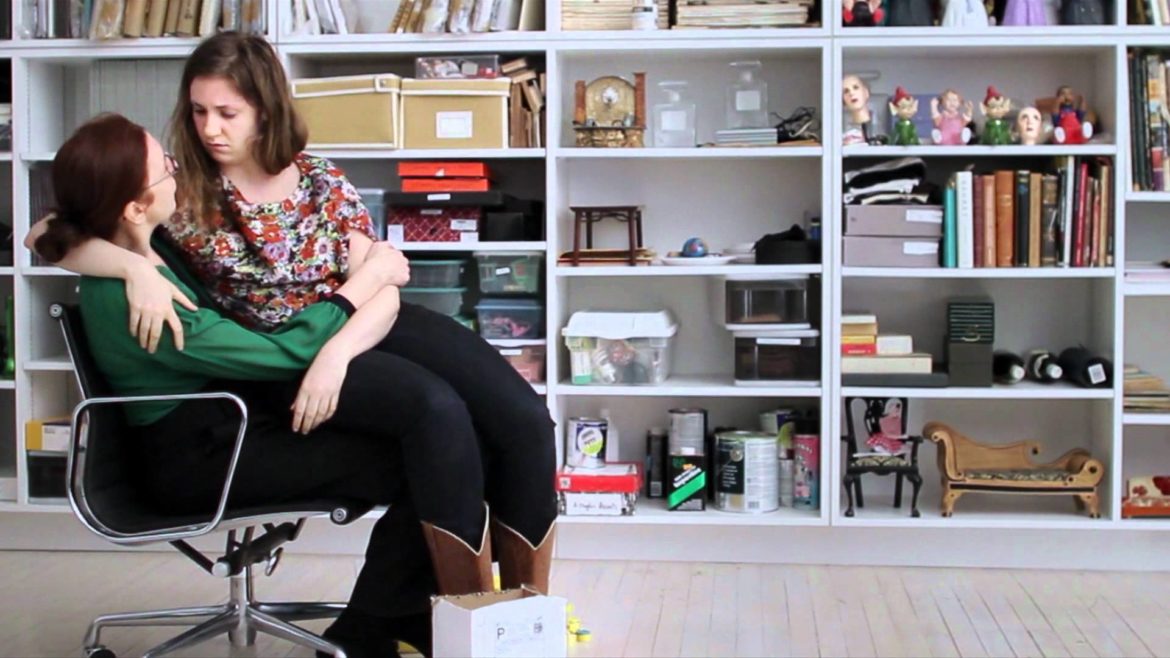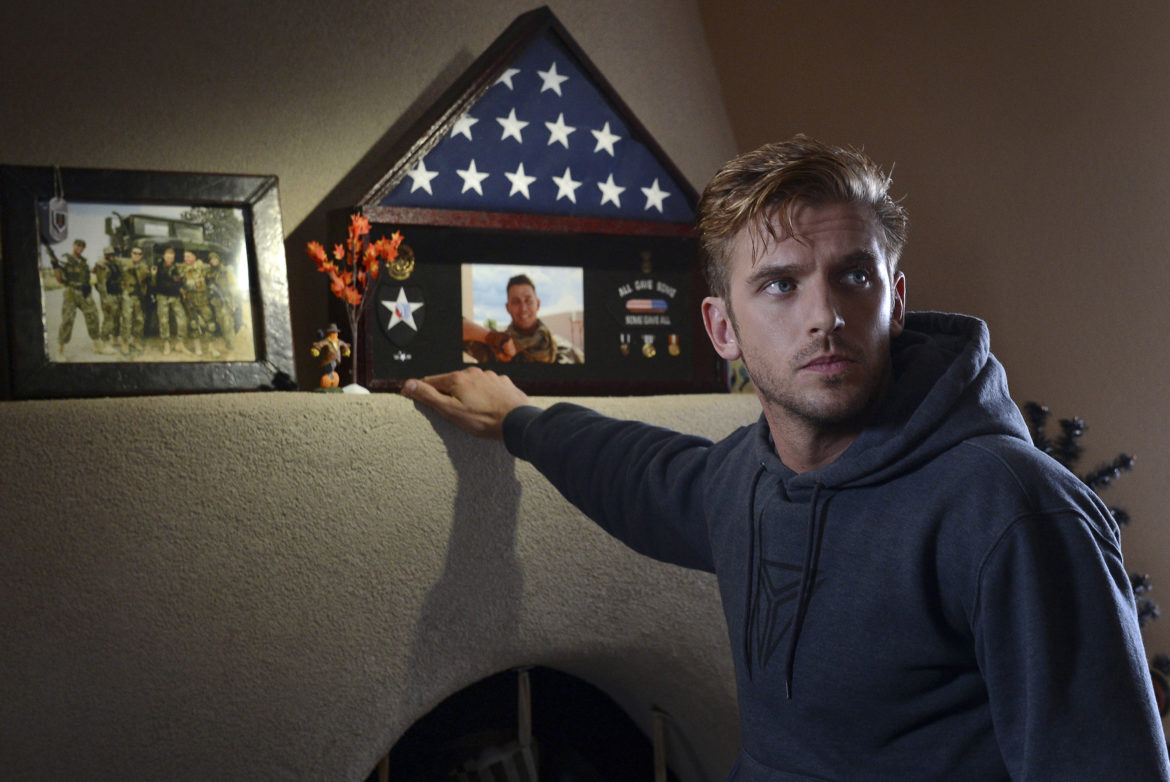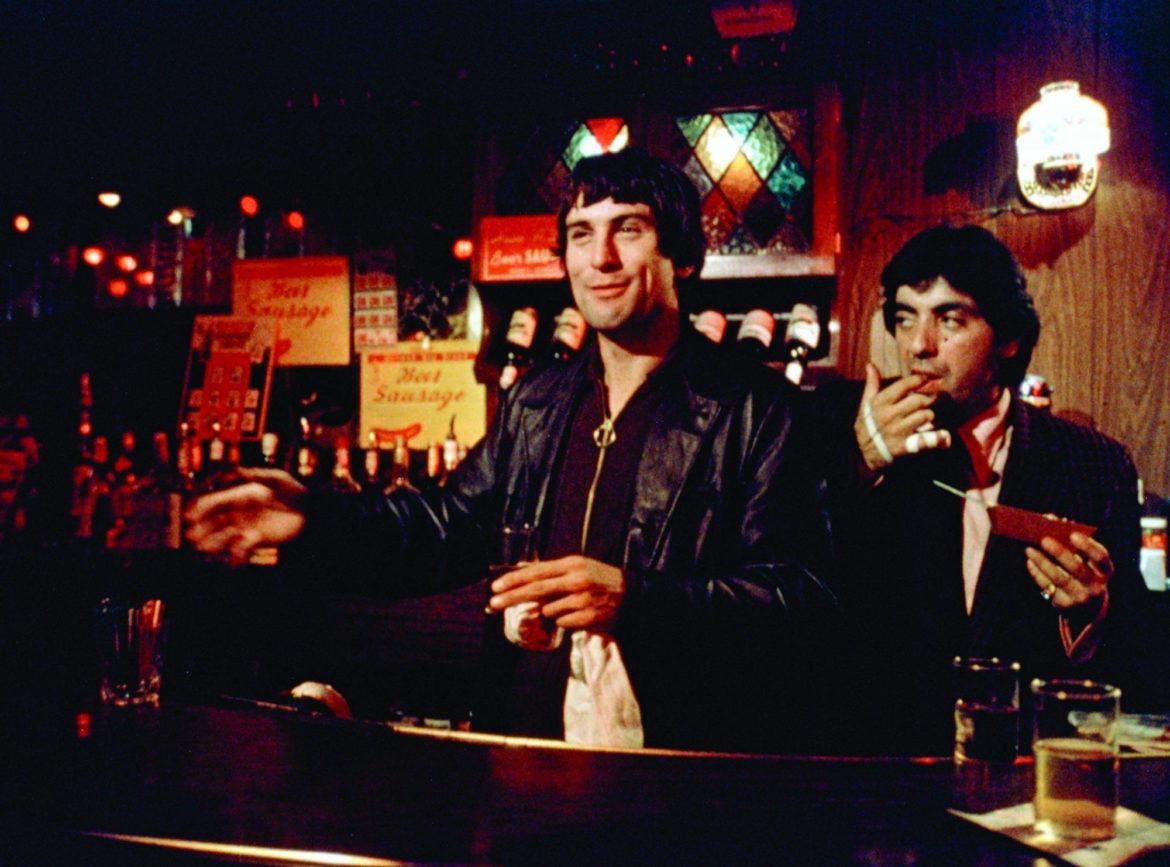Joe Swanberg is still not quite a household name. But with a staggering 27 directing credits to his name, according to IMDB, the mumblecore stalwart can’t be faulted for lack of trying. And things may be shifting. His feature in the first V/H/S was the stand-out, his 2011 starring role in Adam Wingard and Simon Barrett’s terrific suspense flick You’re Next got more attention than usual (editor’s note: see their 2014 Swanberg-less The Guest, one of the best films of the year), and his 2013 Drinking Buddies attractively married the patented low-key approach of his hangout scene to something approximating a Hollywood rom-com.
January 2015
By all accounts, Vivian Maier was an eccentric and complicated woman, a mystery to those who knew her best (not many) and an outsider artist in the truest sense – a gifted street photographer who hoarded her own work, but continued to snap images everywhere she went in her paid job as a nanny for a series of families.
American Sniper, Clint Eastwood’s latest examination of male violence and its repercussions, is a curious beast. It’s neither as jingoistic as its critics claim (some of whom, embarrassingly, didn’t bother to see the film before reviewing it) nor as nuanced as its defenders submit (see Mark Hughes for a well-done and serious consideration of its merits).
There’s a sense that the phrase “later Godard” – meaning most of the great director’s post-sixties work – is used pejoratively as much as a descriptor: it means impenetrable, pretentious, stridently political, cold, formalism for its own sake.
As I catch up on movies from the last year that I missed in theaters, it’s increasingly clear that all the laments about 2014 being a bad one for film are total nonsense.
The list of excellent movies, or at least the one I’m working on, keeps growing: leaving aside the quiet awards juggernaut of Boyhood (all deserved), that list already includes the tense revelations of Blue Ruin and Calvary, James Gray’s monumental The Immigrant, Paul Thomas Anderson’s Pynchon-noir Inherent Vice … not to mention Ida, Under The Skin, Wetlands, Obvious Child, Noah, and We Are The Best!
David Wnendt’s Wetlands, based on Charlotte Roche’s novel, asks a simple, revealing question of audiences, one that’s never been asked quite so specifically: “How many depictions of anal fissures are you willing to allow in your charming romantic comedy?”
Think hard about this.
I have never seen a full episode of Girls.
I say this at the outset not to demonstrate my hipness or lack thereof, but as a statement of fact that’s relevant here.
Online or in print, virtually all discussions about the work of Lena Dunham – noted screenwriter/director/actress/TV star/author/astronaut (probably) – seem to end up being about Dunham herself.
Director Adam Wingard and writer Simon Barrett traffic in playful homage and neat subversion of other horror movies. Their 2011 low-budget collaboration You’re Next combined elements of home invasion and slasher flicks with an in-joke sensibility – a mumblecore Scream. With 2014’s The Guest, they went full-on John Carpenter, layering on the mounting dread and the insistent synth score, while drawing liberally (or borrowing wholesale) from the plot of The Stepfather and similar “who are you really?”
It’s hard sometimes to remember that Martin Scorcese, the undisputed elder statesman of American cinema and advocate for cinema more generally, was once a scrappy kid trying to cobble together a feature film.
But he definitely was, and that film was Mean Streets, a slice-of-life portrait of what it means to make it in America, specifically as an Italian-American male, and focused on barely grown-up kids struggling with crime, faith, and responsibility.

